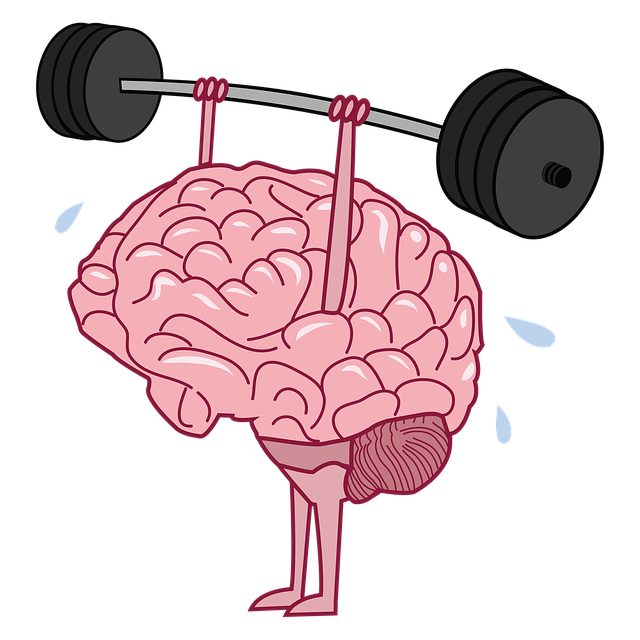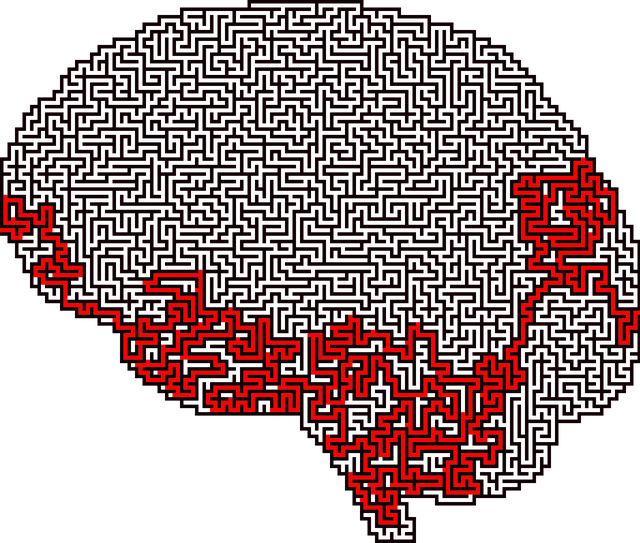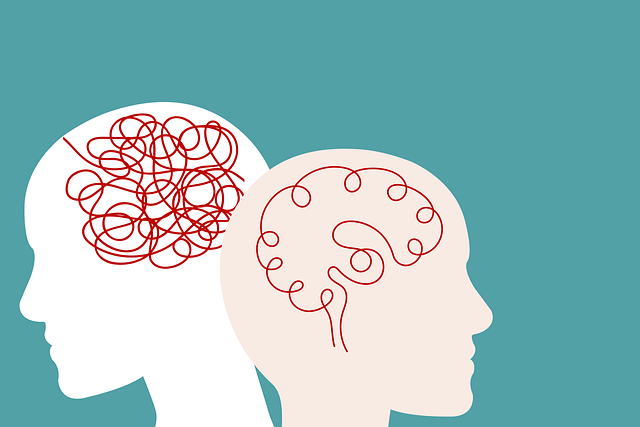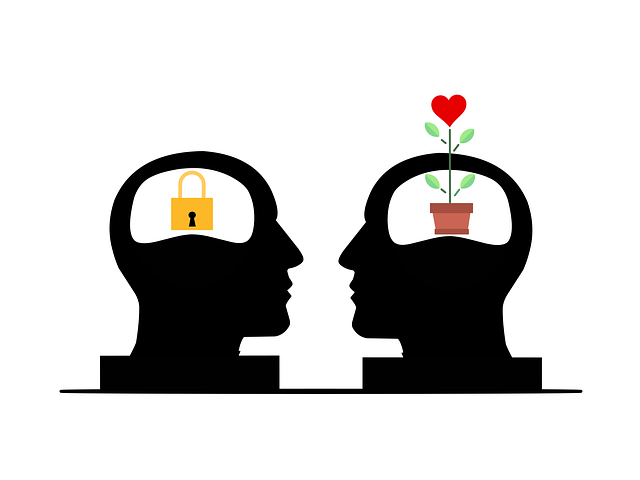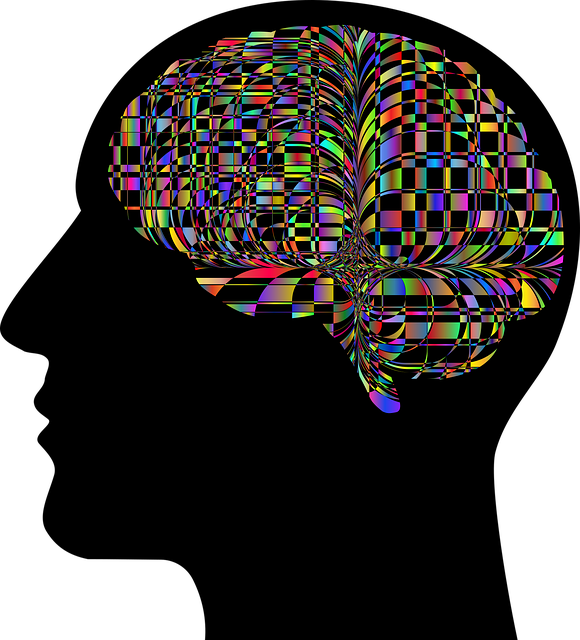Wheat Ridge Drug Abuse-Substance Abuse Therapy emphasizes mood regulation as a cornerstone of mental health treatment, combining CBT for thought modification with mindfulness and meditation for stress reduction. Lifestyle changes like healthy eating, exercise, and sleep are encouraged, alongside building supportive networks to combat burnout among healthcare providers and reduce mental illness stigma through public awareness. These integrated approaches aim to enhance emotional well-being and resilience in individuals and communities.
In today’s fast-paced world, maintaining emotional balance is paramount. Mood regulation strategies are essential tools for managing and enhancing mental health. This article explores various techniques, from cognitive behavioral therapy (CBT) to mindfulness practices, offering a holistic approach to emotional well-being. We delve into the significance of lifestyle modifications, including diet, exercise, and sleep, as game changers in substance abuse therapy, particularly at Wheat Ridge Drug Abuse. Additionally, we emphasize the power of support systems in navigating life’s challenges.
- Understanding Mood Regulation: Unraveling Emotional Balance
- Cognitive Behavioral Therapy (CBT): A Powerful Tool for Change
- Mindfulness and Meditation: Cultivating Present-Moment Awareness
- Lifestyle Modifications: The Impact of Diet, Exercise, and Sleep
- Support Systems: Building a Network for Emotional Well-being
Understanding Mood Regulation: Unraveling Emotional Balance

Understanding Mood Regulation is a pivotal step toward achieving emotional balance and overall well-being. It involves recognizing and managing one’s feelings in response to internal and external stimuli, ensuring they remain within a healthy range. Moods are complex, influenced by factors such as genetics, environment, and past experiences, making it crucial to employ various strategies for regulation. These methods aim to enhance emotional resilience, reduce negative impact, and promote positive interactions with the world.
At Wheat Ridge Drug Abuse-Substance Abuse Therapy, we emphasize Mental Health Awareness and Burnout Prevention Strategies for Healthcare Providers as integral parts of our approach. By integrating conflict resolution techniques into our therapeutic practices, individuals can learn to navigate intense emotions constructively. This process involves identifying triggers, developing coping mechanisms, and cultivating a mindset that fosters emotional intelligence—all of which are essential tools in maintaining stability and overall mental health.
Cognitive Behavioral Therapy (CBT): A Powerful Tool for Change

Cognitive Behavioral Therapy (CBT) has emerged as a powerful tool in the arsenal of mood regulation strategies. This evidence-based approach focuses on identifying and modifying negative thought patterns, behaviors, and emotional responses that contribute to mental health issues. By breaking down complex problems into manageable components, CBT helps individuals gain insights into their thoughts and emotions, enabling them to make positive changes in their lives.
In the context of Wheat Ridge Drug Abuse-Substance Abuse Therapy, CBT plays a pivotal role in addressing not only substance abuse but also underlying mood disorders. Through structured sessions, therapists guide clients in developing coping mechanisms that enhance self-esteem improvement and foster mental illness stigma reduction efforts. This therapeutic method has been widely recognized for its effectiveness, making it an integral part of public awareness campaigns development in the pursuit of healthier communities.
Mindfulness and Meditation: Cultivating Present-Moment Awareness

In today’s fast-paced world, healthcare providers often face challenges related to burnout prevention strategies for healthcare providers. Amidst this, mindfulness and meditation emerge as powerful tools to cultivate present-moment awareness. By focusing on the here and now, medical professionals can enhance their ability to manage stress and maintain emotional equilibrium. This mental clarity is not only beneficial for personal well-being but also improves patient interactions and treatment outcomes at Wheat Ridge Drug Abuse-Substance Abuse Therapy centers.
Regular mindfulness meditation practice enables healthcare providers to develop a deeper sense of self-awareness, fostering cultural competency training within themselves. This, in turn, enhances their ability to connect with patients from diverse backgrounds, understanding their unique perspectives and needs. Incorporating these mindfulness meditation techniques into daily routines can revolutionize how healthcare is delivered, ensuring that both providers and patients experience a more compassionate and effective treatment journey.
Lifestyle Modifications: The Impact of Diet, Exercise, and Sleep

Lifestyle modifications play a significant role in mood regulation, and integrating practices like healthy diet, regular exercise, and adequate sleep can be powerful tools in managing one’s emotional well-being. Research has shown that what we eat, how active we are, and our rest patterns directly influence our mental health. For instance, a balanced diet rich in nutrients supports brain function, with specific foods enhancing serotonin and dopamine levels, which are neurotransmitters vital for regulating mood.
Regular physical activity is another effective strategy. Exercise releases endorphins, often referred to as ‘feel-good’ hormones, that can reduce stress, anxiety, and depression. Moreover, it promotes better sleep, further contributing to emotional stability. Similarly, prioritizing quality sleep is essential; it allows the body to restore and rejuvenate, positively impacting mood regulation. These lifestyle changes, when incorporated into a comprehensive approach alongside evidence-based practices like Stress Reduction Methods, Compassion Cultivation Practices, or Wheat Ridge Drug Abuse-Substance Abuse Therapy, can lead to significant improvements in mental health and overall well-being.
Support Systems: Building a Network for Emotional Well-being

Building a robust support system is an integral part of mood regulation and emotional well-being. This includes a network of friends, family, and peers who can offer understanding, encouragement, and practical help during challenging times. In the context of mental health struggles, having a strong support system can significantly enhance recovery and resilience. For instance, sharing experiences with like-minded individuals in support groups or engaging in open conversations with loved ones can provide a sense of belonging and reduce feelings of isolation.
Wheat Ridge Drug Abuse-Substance Abuse Therapy often emphasizes the importance of social connections as a cornerstone of treatment. Public Awareness Campaigns Development initiatives and Healthcare Provider Cultural Competency Training programs play a vital role in fostering an environment where individuals feel comfortable seeking help. By promoting understanding and reducing stigma, these efforts enable people to access the support they need, whether through formal therapy or informal emotional support networks.
Mood regulation is a multifaceted process that involves understanding our emotions, employing evidence-based therapies like Cognitive Behavioral Therapy (CBT), adopting mindfulness practices, and making informed lifestyle choices. By integrating these strategies, individuals can effectively navigate emotional challenges and achieve a harmonious state of well-being. For those struggling with substance abuse or addiction, professional help from Wheat Ridge Drug Abuse-Substance Abuse Therapy can provide the necessary support to develop robust mood regulation skills, fostering long-term recovery and improved mental health.




